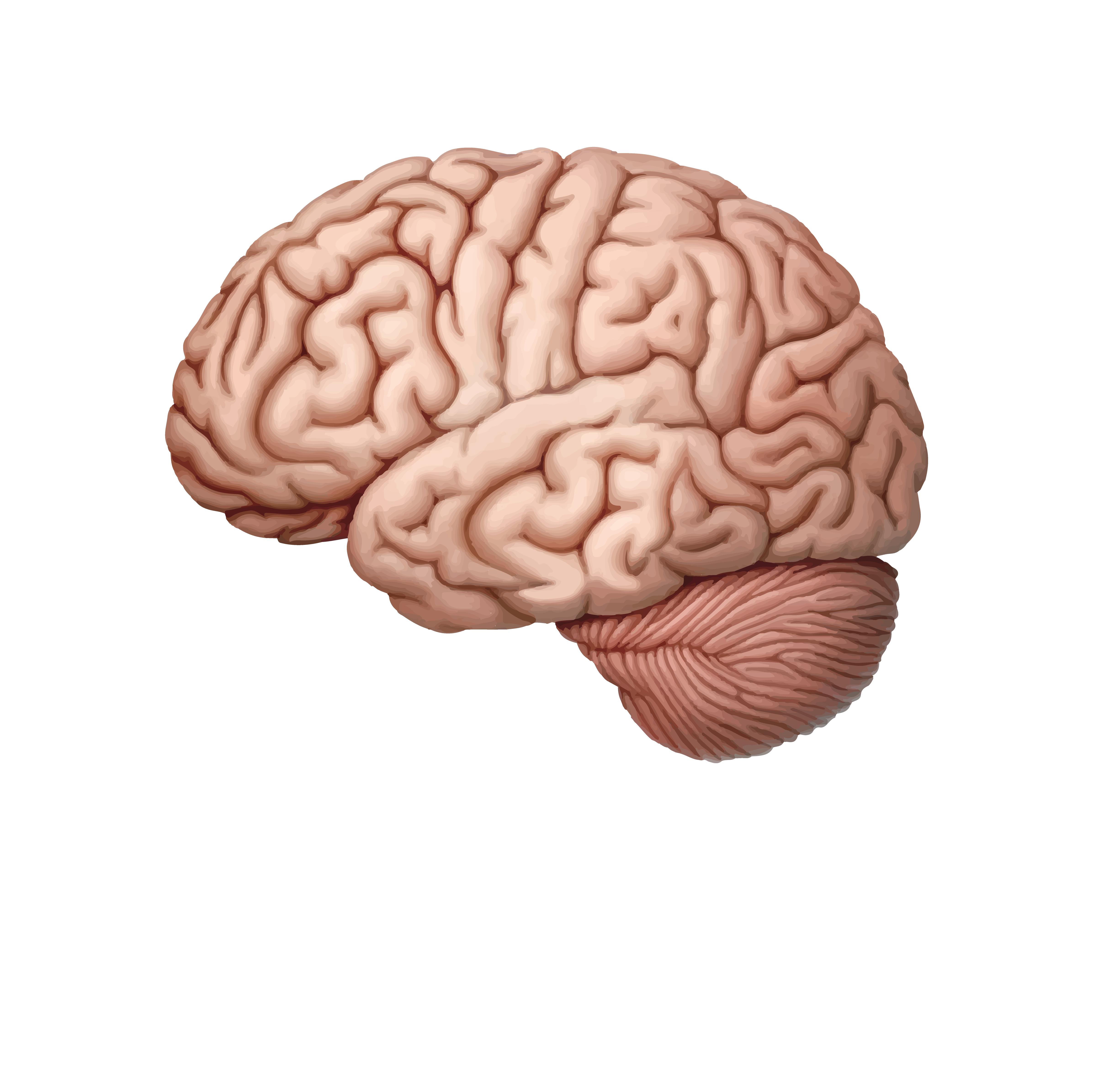Research
- We need new measures of cognition and brain function that can detect the earliest (preclinical) phase of Alzheimer’s disease.
- We need to better understand (a) how genetics and modifiable lifestyle factors interact to determine who is at highest risk for Alzheimer’s, and (b) which interventions will have the most impact on which people for reducing risk.
- We need to insure that advances in #1 (early detection) and #2 (optimized interventions) are applicable to populations at high risk, especially African Americans.
- The Rutgers “Pathways to Healthy Aging in African Americans” is a longitudinal study that enrolls African Americans/Blacks ages 60+ who are cognitively healthy. Over three days of testing, extensive set of saliva, blood-based, cognitive, social, fitness, lifestyle, sleep, and MRI measures. Many health and educational benefits to the participants (as well as financial benefits).
- Expand methodologies for studying Social Determinants of Health by assessing the predictive value of a novel measure of neighborhood disadvantage that is based on spatial proximity to violent crime.
- How does sleep affect risk for Alzheimer’s disease and how does early Alzheimer’s disease affect sleep?
- What can we learn about successful aging from “Exceptional African-American SuperAgers” with superior cognitive abilities comparable to others thirty years younger?
- Explore immunological function as a mechanism for interactions between genetics and lifestyle for influencing brain health and Alzheimer disease.
- For those who were infected during the COVID-19 pandemic, what are the long-term consequences for their brain health and risk for Alzheimer’s disease?
- From studying families who have (or had) multiple first-degree “blood” relatives with Alzheimer’s disease or other forms of dementia, what can we learn about the genetics of Alzheimer’s risk in African Americans? (Note: Family members included can include those living anywhere in the country).
RECENT RESEARCH PRODUCTIVITY: PEER-REVIEWED JOURNAL PUBLICATIONS IN 2018:
Sojitra, R. A., Lerner, I., Petok, & J. R., & Gluck, M. A. (2018). Age affects reinforcement learning through dopamine-based learning imbalance and high decision noise not through Parkinsonian mechanisms. Neurobiology of Aging. 68. 102-113. https://doi.org/10.1016/j.neurobiolaging.2018.04.006.
